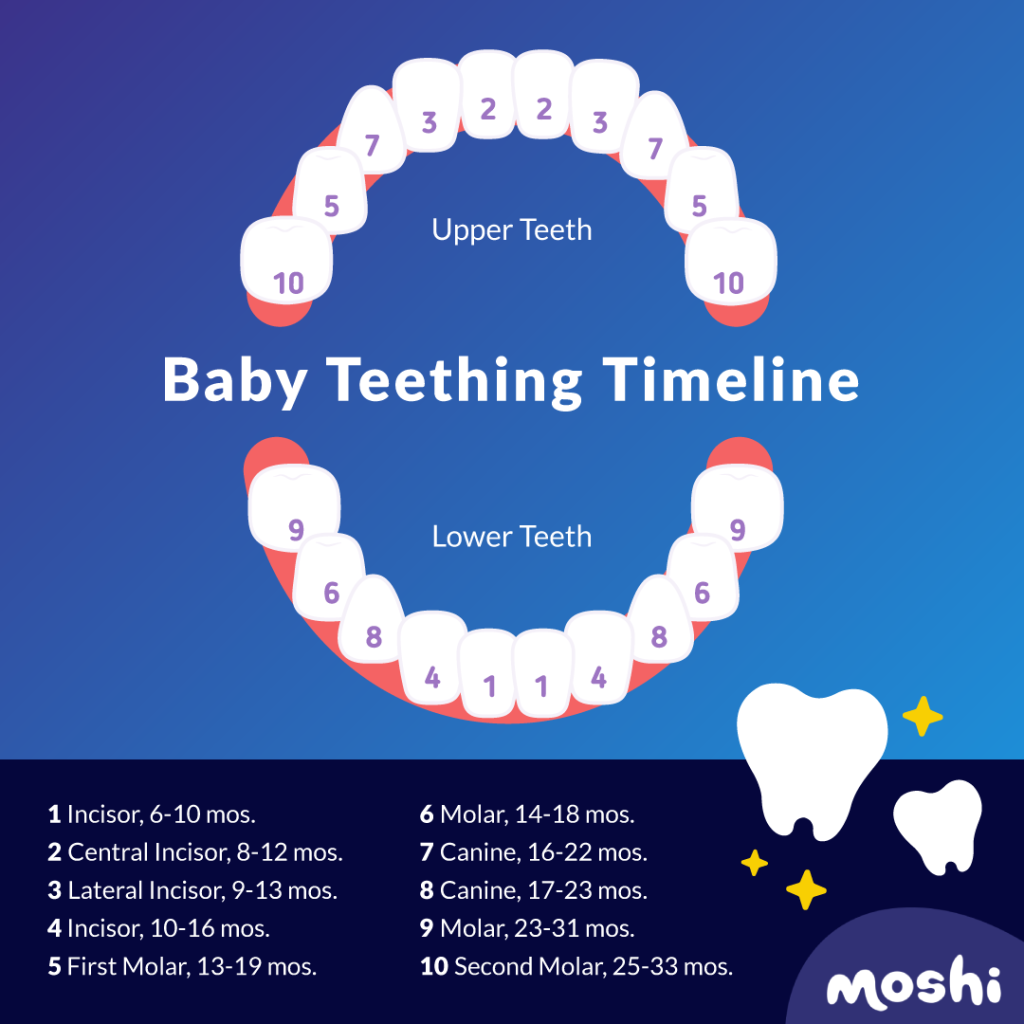Teething Tips for Babies: How to Soothe and Support Your Little One
Teething Tips for Babies: How to Soothe and Support Your Little One
Teething is a natural developmental stage that can be both exciting and challenging for parents and babies alike. As your baby's first teeth begin to emerge, they may experience discomfort, irritability, and changes in sleep and feeding habits. In this post, we’ll explore effective and gentle ways to ease teething symptoms and support your baby through this important milestone.
1. When Do Babies Start Teething?
Most babies begin teething between 4 and 7 months of age, though this timeline can vary. Common early signs of teething include:
-
Increased drooling
-
Swollen or tender gums
-
Fussiness or irritability
-
Biting or gnawing on objects
-
Disrupted sleep or feeding patterns
2. Soothing Teething Discomfort
2-1. Use Teething Toys
-
What to Do:
-
Offer your baby clean, BPA-free teething rings or soft rubber toys.
-
Chill (not freeze) teething toys in the refrigerator for extra relief.
-
-
Why It Helps:
-
Provides gentle pressure to relieve sore gums.
-
Distracts and comforts your baby.
-
2-2. Gently Massage Gums
-
What to Do:
-
Wash your hands and use a clean finger or soft, damp cloth to rub your baby’s gums.
-
-
Why It Helps:
-
Eases pain through gentle pressure.
-
Helps soothe swollen areas.
-
2-3. Offer Chilled Foods (for Older Babies)
-
What to Do:
-
Provide chilled fruit puree, yogurt, or a cold spoon (only if age-appropriate).
-
-
Why It Helps:
-
Numbs sore gums and provides sensory relief.
-
2-4. Maintain a Calm Environment
-
What to Do:
-
Offer extra cuddles, soothing music, and a calm atmosphere.
-
-
Why It Helps:
-
Helps reduce stress and irritability.
-
Builds emotional security.
3. What to Avoid During Teething
-
Frozen Teething Toys: Can cause gum damage.
-
Topical Numbing Gels with Benzocaine: Not recommended by pediatricians due to safety risks.
-
Hard Foods: May present a choking hazard.
4. Caring for Emerging Teeth
-
Start Brushing Early: Use a soft baby toothbrush and water once the first tooth appears.
-
No Fluoride Toothpaste Under Age 2: Unless recommended by a pediatrician.
-
Avoid Bottles at Bedtime: To prevent early tooth decay.
5. When to See a Pediatrician
Teething should not cause high fever, rash, or diarrhea. Contact your pediatrician if your baby:
-
Has a fever over 100.4°F (38°C)
-
Experiences excessive drooling with choking risk
-
Appears unusually irritable or lethargic
6. Final Thoughts
Teething is a temporary phase, but it can feel long when your little one is uncomfortable. With patience, love, and the right strategies, you can help ease your baby's discomfort and celebrate each new tooth as a sign of healthy development. Try a combination of the soothing techniques above and adjust based on what works best for your child.
Related Keywords
Teething tips for babies, how to soothe teething pain USA, baby first tooth advice, parenting teething stage, natural remedies for baby teething
Amazon best seller






Comments